TRAI’s Tariff Ceiling and DoT’s Reforms to boost penetration of PM‑WANI: Affordable and Inclusive Public Wi‑Fi for All
The new tariffs will further enhance reach of internet proliferation in the country
New Delhi, NFAPost: The Department of Telecommunications (DoT) welcomes the Telecom Regulatory Authority of India’s (TRAI) Telecommunication Tariff (71st Amendment) Order, 2025 (PR 46/2025), released on Tuesday, which mandates that all retail FTTH broadband plans up to 200 Mbps must be offered to Public Data Offices (PDOs) at tariffs not exceeding twice the corresponding consumer broadband price.
With this ceiling in place, the backhaul tariff for the Public WI Fi hotspot are expected to come down drastically and are set to become up to 10 times more economical.
Launched under the Prime Minister’s vision of “Broadband for All,” PM‑WANI continues to transform public internet access, strengthen digital inclusion, and generate new economic opportunities in both urban and underserved regions.
The current tariff order of TRAI is in response to the Department of Telecommunications (DoT) reference to TRAI to review the PM-WANI PDO backhaul tariffs. The reference highlighted that high internet costs and mandatory expensive leased line agreements were discouraging local shopkeepers and small businesses from becoming Public Data Offices (PDOs), limiting the scheme’s growth.
DoT has earlier, on 16 September 2024, issued a suite of targeted reforms in the PM‑WANI framework to resolve bottlenecks in Public Wi‑Fi expansion. Some of these landmark reforms included the following:
- Backhaul Aggregation – Multiple Access Points can share a single backhaul link, enabling broader hotspots without extra expense.
- Dual‑SSID Home/Business Integration – Private Wi‑Fi APs can now add a public SSID to join PM‑WANI, unlocking fresh income from existing infrastructure.
- Roaming Across PDOAs – Users can effortlessly switch among PDO Aggregator networks, enhanced by a unified payment ecosystem.
- Mobile Data Offload Tie‑ups – PDOs can team with TSPs to alleviate spectrum congestion while earning extra revenue.
- Ad‑Push Capabilities – With user consent, PDOAs and App Providers can deliver relevant content/promotions, adding monetization routes.
Together, these reforms and TRAI’s tariff cap are set to boost affordability for small PDO operators, incentivize small-scale and grassroots PDOs, and fuel the expansion of public Wi‑Fi networks – bridging the digital divide and empowering local entrepreneurs.
DoT reaffirms its commitment to collaborate with TRAI, TSPs, PDOs, and other stakeholders to ensure rapid rollout, reliable connectivity, and inclusive access across India.
About PM-WANI:
The PM-WANI (Prime Minister’s Wi-Fi Access Network Interface) framework, approved by the Union Cabinet on 9th December 2020, aims to expand broadband access through Public Wi-Fi networks across India. It supports the goals of the National Digital Communications Policy, 2018 by enabling a robust digital infrastructure.
The framework includes components such as Public Data Offices (PDOs), PDO Aggregators (PDOAs), App Providers, and a Central Registry maintained by C-DOT. To encourage widespread participation, no license or registration fee is required for PDOs and PDOAs. Users can access internet services by downloading a mobile app, authenticating themselves, and connecting to a PM-WANI hotspot nearby.
Currently there are 333,215 PM-WANI Wi‑Fi Hotspots, 205 PDO Aggregators and 111 App Providers across the country.


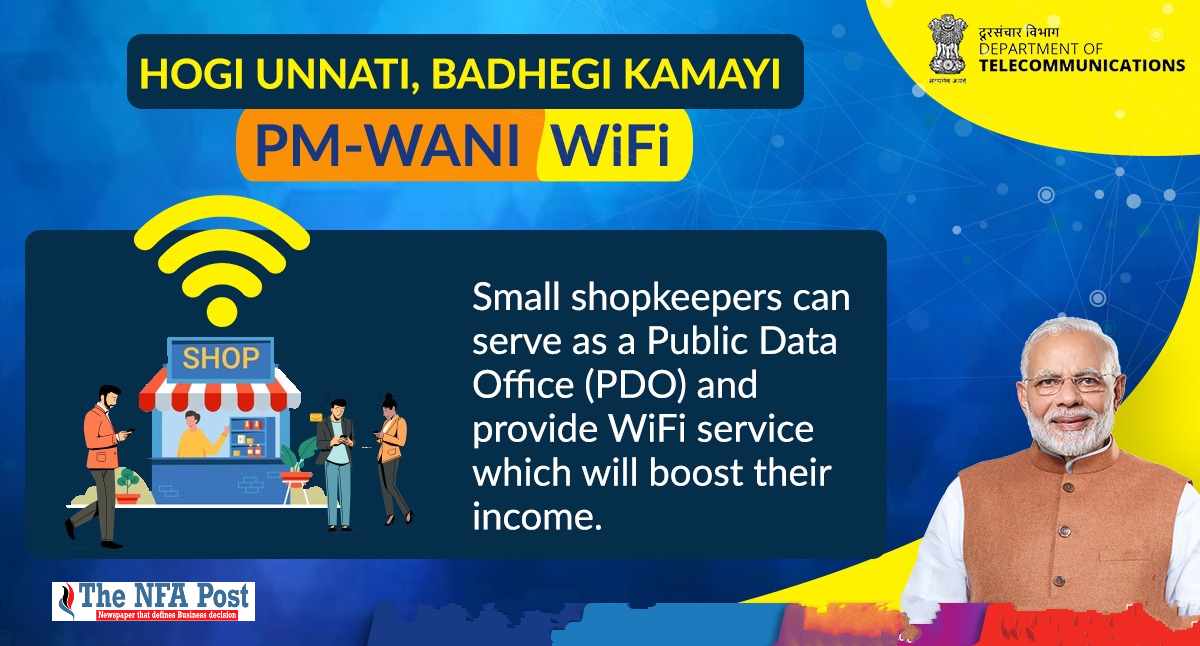


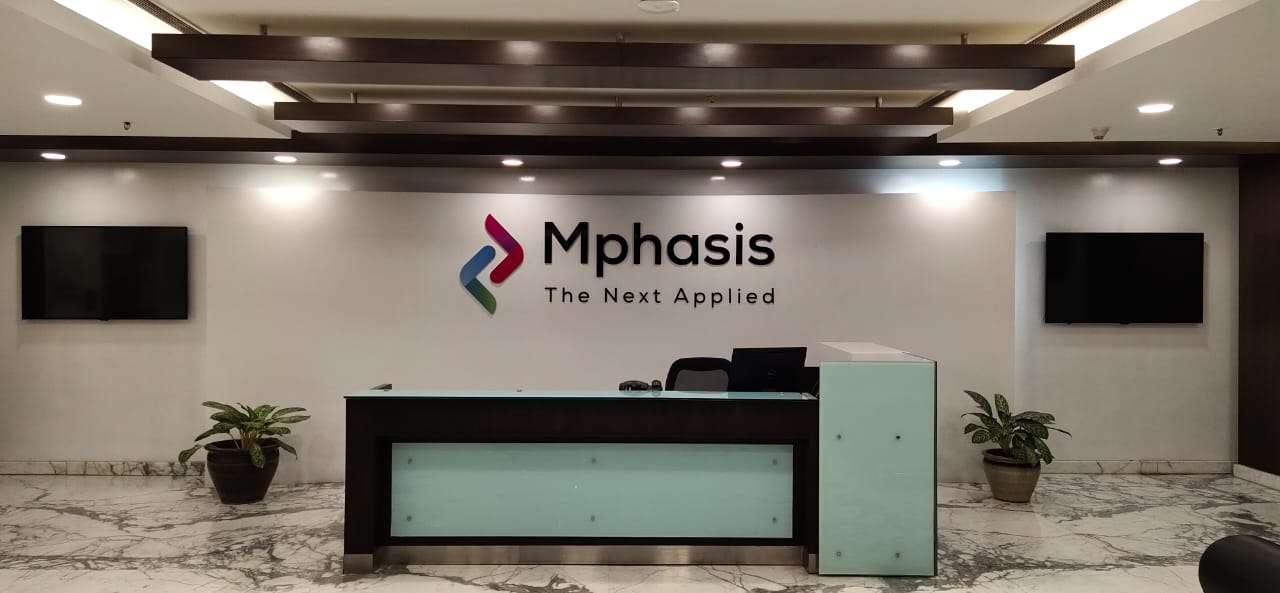

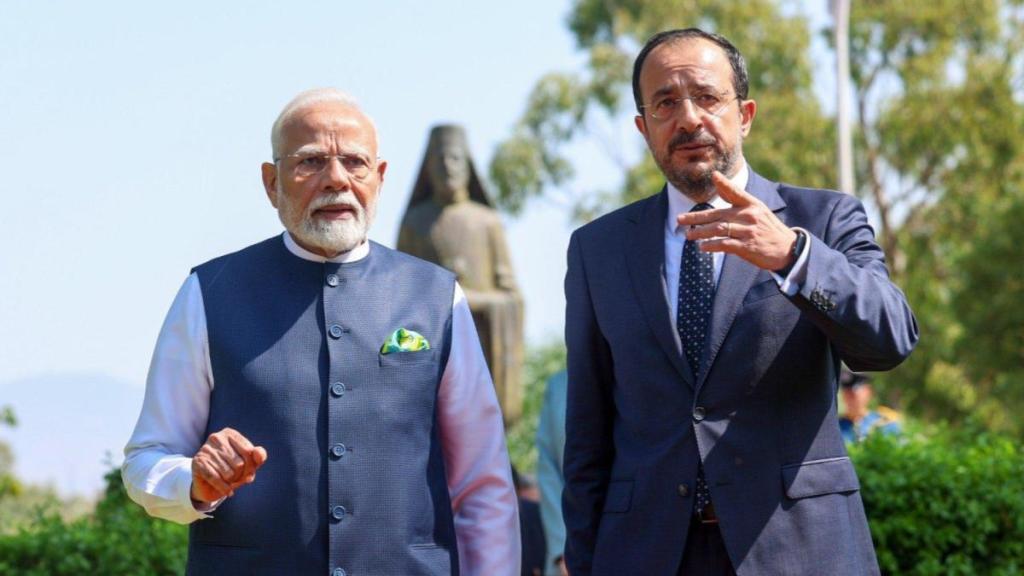
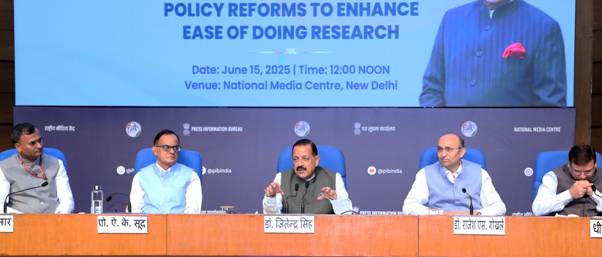


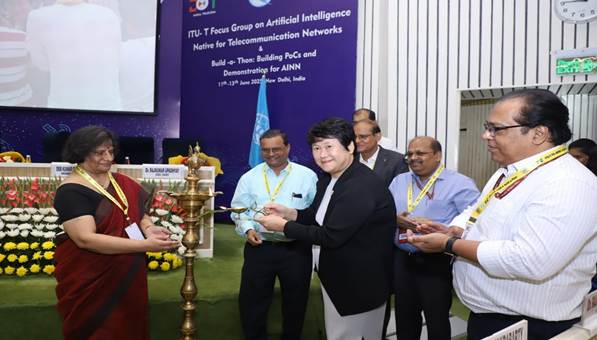




Leave a Reply